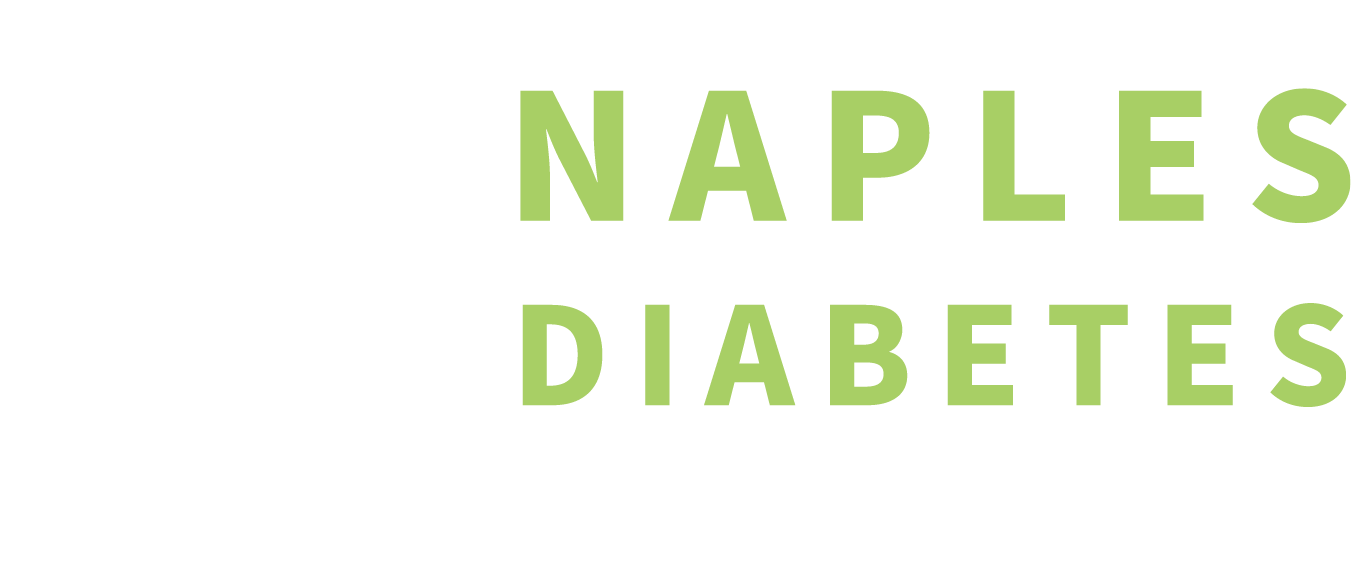Approximately 20 million Americans have thyroid disease and up to 60% are unaware that they have it. To promote awareness and detection, January is National Thyroid Awareness Month.
What is the Thyroid?
The thyroid gland is a very important endocrine organ that produces hormones essential for life. The small, butterfly shaped gland in the front of the neck produces important hormones that regulate growth, development and metabolism. When the thyroid goes awry, symptoms may be subtle and confused with other health conditions by both doctors and patients. It is important for individuals to recognize who is at risk and to have your thyroid assessed annually.
Thyroid disorders more often occur in women; however, men are affected as well. The most common conditions of the thyroid are:
- hyperthyroidism (overproduction of thyroid hormones)
- hypothyroidism (underproduction of thyroid hormones)
- goiter (enlargement of the thyroid)
- thyroid cancer
Grave’s Disease is the Most Common Cause of Hyperthyroidism
In this disorder, the body produces antibodies that “turn on” the gland in an unregulated fashion. Symptoms include: heat intolerance, bulging eyes, hand tremors, anxiety, insomnia and restlessness. Patients often have a goiter and may have a family history of this condition or other autoimmune disease. Treatment includes anti-thyroid drugs that help slow the release of thyroid hormone, beta blockers to control symptoms and possibly radioactive iodine or surgery. Sometimes the disorder “burns out” on its own eliminating the need for definitive treatment. The opposite condition, hypothyroidism can occur as well.
Hashimoto’s Thyroiditis is Most Common Cause of Hyperthyroidism
The most common cause of hypothyroidism is called Hashimoto’s thyroiditis. In this situation the body makes antibodies that attack it and make the gland non-functional. The symptoms of hypothyroidism are common to other conditions and include: weight gain, cold intolerance, dry skin and hair, depression, high cholesterol and fatigue. Again, a goiter can occur, and this condition commonly runs in families. The treatment consists of giving back the missing hormone (i.e. T4); dosing must precise and titrated gradually, especially in the elderly.
Thyroid Cancer Increasing in Prevalence
Thyroid cancer is increasing in prevalence somewhat due to very sensitive methods of detecting small thyroid nodules. Ultrasounds and CT scans of the neck are often ordered to evaluate other medical conditions. Often, a small thyroid can be found incidentally. Benign thyroid nodules are very common and typically require no treatment other than observation. The physician’s job is to determine which nodules are suspicious for cancer and which ones require a biopsy. The size and characteristics of the nodule under ultrasound are used to help determine which ones are at highest risk. A fine needle aspiration biopsy done with ultrasound guidance is the most direct way to determine if a nodule is benign or malignant. This is a simple outpatient procedure requiring no sedation.
How can you determine if you are at risk?
- Determine your family history. If a first degree relative has a thyroid disorder, then you are at risk too.
- Do the neck check. Get a glass of water and stand in front of a mirror. A normal thyroid is symmetric and does not bulge. Take a sip of water and watch your neck as you swallow. If your neck appears swollen or you see a lump or asymmetry, then you need further testing.
- If you have symptoms of hyper or hypothyroidism, you should get checked out by your physician.
What tests can evaluate the thyroid?
- The simplest, cheapest test to evaluate the thyroid is the TSH (thyroid stimulating hormone). This hormone is made by the pituitary gland and is the first number to change with early thyroid dysfunction. Typically, if the TSH is high, the thyroid is becoming underactive. If the TSH is low, the thyroid is becoming overactive.
- The T4, T3 and thyroid antibodies are important as well. The T4 and T3 represent the circulating hormones of the thyroid that exist in the blood stream. The antibodies determine if the patient has autoimmunity of the thyroid.
- A thyroid ultrasound can detect very small nodules that exist. It also allows measurement of the size and texture of the gland which are important factors in determining if thyroid disease is present.
Misinformation regarding the thyroid abounds and many health care professionals consider themselves thyroid experts. Endocrinologists are internal medicine docs who then do specialty training in diseases of the endocrine system, diabetes representing the most common. If you suspect or have known thyroid disease, seek professional help from a provider that practices evidence-based medicine.
A version of this post appeared in Health & Wellness magazine.




